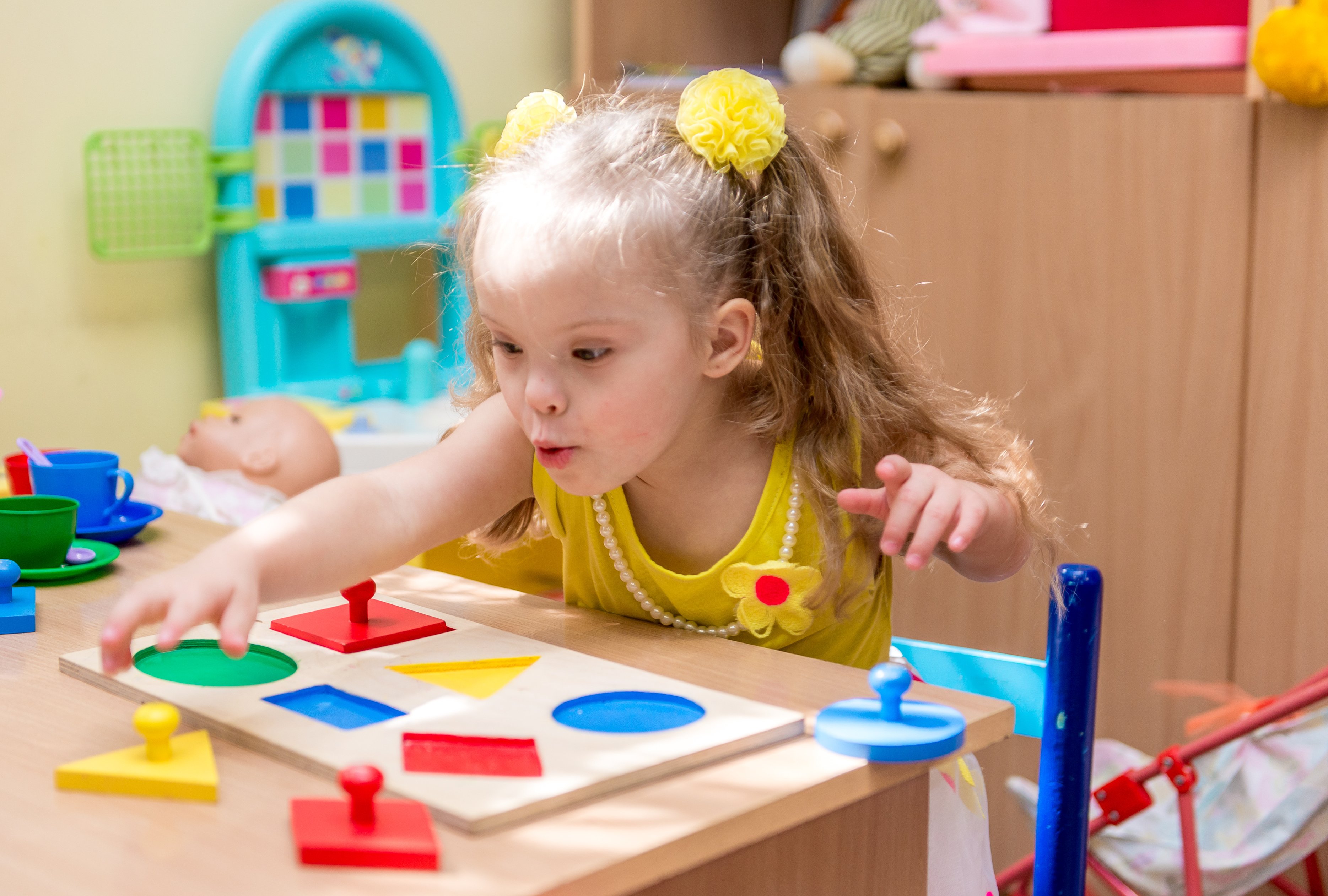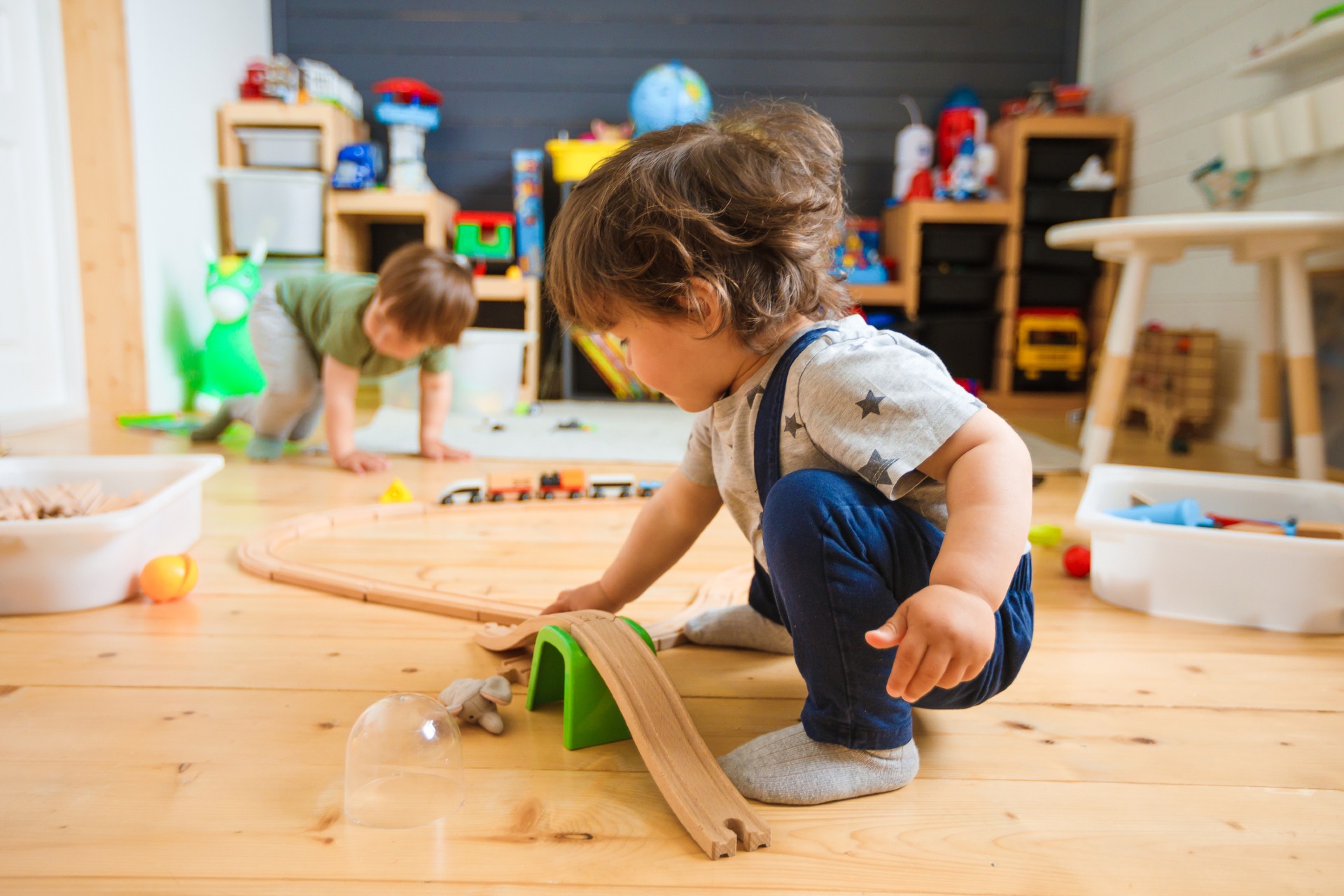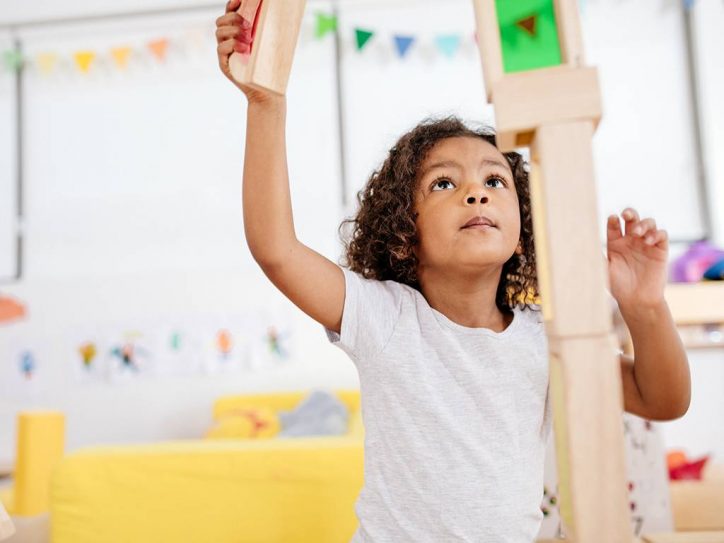Understanding the Importance of Childcare for Your Toddler's Social Development and Understanding Experiences Via Involving Activities
The importance of childcare in shaping a kid's social advancement and learning can not be overemphasized, as it supplies a structured setting filled with interesting activities that are crucial for early development. As we explore the diverse advantages of daycare, one have to think about exactly how these foundational experiences influence a youngster's future social interactions and total development.

Benefits of Social Interaction
Social interaction plays a vital duty in the developing trajectory of kids, acting as a foundation for vital social skills. Engaging with peers enables toddlers to practice communication, discover to reveal their emotions, and develop empathy. Through shared play and collaboration, they begin to understand social norms, such as taking turns and sharing, which are important components of effective social partnerships.
In addition, social communications add to cognitive development. As toddlers communicate with their peers, they enhance their language abilities, increase their vocabulary, and enhance their capacity to verbalize thoughts and sensations. This exchange of ideas cultivates important thinking, as youngsters discover to negotiate, resolve issues, and browse disputes.
In addition, social interaction advertises emotional regulation. Direct exposure to various social circumstances helps toddlers acknowledge and handle their emotions, inevitably bring about higher strength and adaptability. The capability to form friendships and add-ons additionally enhances their sense of belonging and self-worth, which are important for total well-being.
Value of Involving Activities
Engaging activities are necessary for fostering a revitalizing setting that enhances young children' social growth. These tasks not only mesmerize young youngsters's attention however additionally advertise active involvement, permitting them to explore their environments artistically. Via play-based learning, young children establish necessary skills such as analytical, participation, and empathy, all of which are important for constructing healthy and balanced relationships with peers.
Taking part in engaging tasks, such as team video games, art tasks, and interactive narration, motivates young children to reveal their concepts and sensations. This expression is important for emotional intelligence and aids them understand the perspectives of others. Additionally, when young children engage in these activities together, they learn to negotiate functions, share resources, and collaborate, which are fundamental elements of social interaction.
Furthermore, a well-structured atmosphere that includes revitalizing and varied activities aids in maintaining young children motivated and concentrated. This inspiration fosters a love for learning and expedition, laying the structure for future academic experiences. Ultimately, engaging tasks in day care setups are critical fit social abilities, preparing young children for successful interactions past the classroom, and supporting their general advancement during these formative years.
Developing Interaction Skills
Efficient communication abilities are vital for toddlers as they browse their very early social interactions. In a childcare setting, youngsters are subjected to varied social circumstances that encourage non-verbal and spoken communication. Talking with caregivers and peers cultivates language advancement, enabling kids to share their feelings, ideas, and needs better.

Moreover, childcare settings supply chances for young children to mimic and observe interaction styles of their grownups and peers. This observational learning look at this website is crucial as kids notice social signs, tone, and body language, which are important components of reliable interaction.
Promoting Freedom and Self-confidence
As toddlers fine-tune their communication abilities, they at the same time start to explore their freedom and develop self-confidence in social settings (baby daycare near me). Childcare offers an organized environment where children can take part in numerous activities that motivate freedom. From selecting their very own tasks to taking part in group tasks, these experiences encourage toddlers to make choices and share themselves
In a day care setup, children are usually presented with possibilities to solve issues individually, whether it's determining how to share toys or fixing problems with peers. This fosters vital reasoning and promotes self-direction. In addition, caregivers support this advancement by giving positive reinforcement and support, aiding children to navigate social communications with self-confidence.

Group read the full info here tasks, such as participating games or collaborative art tasks, assist in team effort and instruct toddlers the value of collaborating. Via these communications, children discover to communicate their ideas and sensations, additionally improving their self-esteem and social abilities.
Inevitably, fostering self-reliance and confidence in day care not just prepares toddlers for future social atmospheres yet also prepares for a resistant attitude, equipping them with essential life skills as they remain to grow and learn.
Structure Lifelong Learning Foundations
A strong structure for long-lasting learning is vital for kids, as their very early experiences shape their mindsets in the direction of education and interest. Day care settings play a crucial role in this developmental phase by offering structured chances for expedition and involvement. Involving tasks, such as group play, arts and crafts, and interactive storytelling, promote cognitive advancement while encouraging social interaction.
With these experiences, young children discover necessary abilities such as analytical, interaction, and cooperation. They are introduced to the concept of learning as a pleasurable, collective process instead than a duty, which cultivates a favorable attitude in the direction of education. Exposure to diverse perspectives and peer communications in childcare setups enhances emotional knowledge, advertising empathy and durability.
Caregivers and instructors likewise contribute dramatically to building this structure by modeling interest and enthusiasm for learning. By motivating concerns and helping with discussions, they develop an atmosphere where children feel secure to reveal themselves and discover new concepts. Inevitably, the mix of supportive connections and interesting tasks in childcare settings prepares for a lifelong love of understanding, gearing up young children with the skills and state of mind needed for future scholastic and personal success.
Verdict

The importance of day care in forming a young child's social advancement and knowing can not be overemphasized, as it offers a structured setting filled up with engaging tasks that are essential for early development.Social communication plays a vital role in the developing trajectory of young children, offering as a foundation for important social abilities. When young children engage in these tasks together, they learn to discuss roles, share sources, and work together, which are fundamental elements of social interaction.
Inevitably, engaging tasks in daycare setups are critical in forming social skills, preparing kids for successful interactions past the classroom, and supporting their general advancement throughout these formative years.
Inevitably, the benefits of interesting tasks in day care setups play a significant duty in preparing kids for future social communications and obstacles. toddler daycare near me.